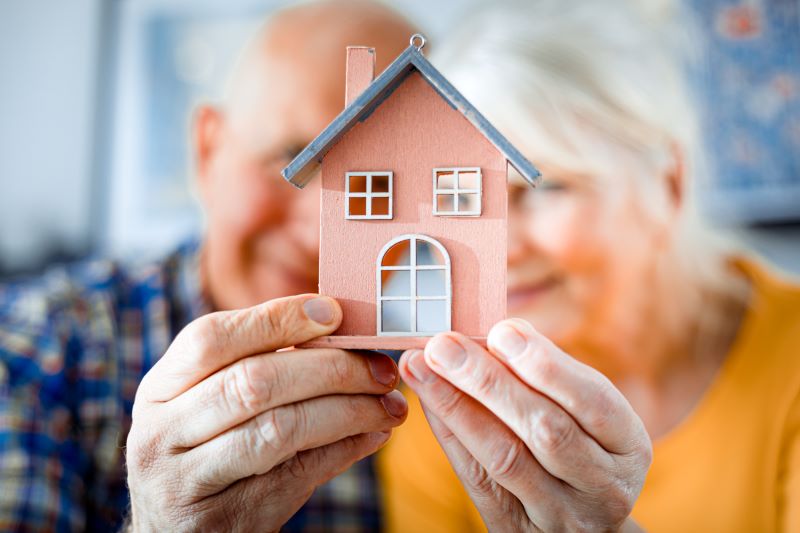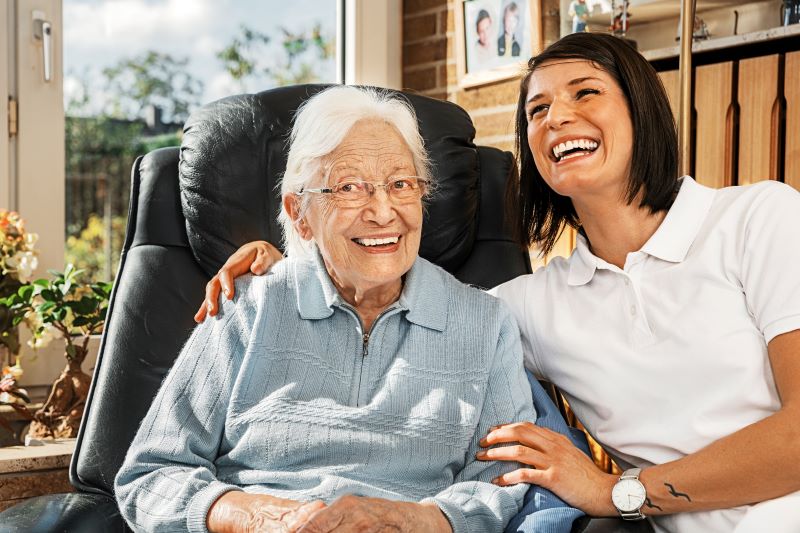- 5 Star Home Care COVID-19 Update PLEASE CLICK HERE
10 Warning Signs of Depression in Older Adults
4 Questions to Ask Yourself if You’re a Spousal Caregiver
August 6, 2015How to Keep the Mind Sharp as You Age
August 24, 2015- age in place
- aged
- aging
- alzheimers
- assisted
- assisted living
- caregiver
- dementia
- depression in the elderly
- eldercare
- elderly
- home care philadelphia
- In home care
- keeping mind sharp
- long term care
- non medical
- non medical home care
- non medical home care at the shore
- non medical home care main line
- non medical home care philadelphia
- senior care
- senior living
- senior living specialist
Depression does not have to be a part of the aging process. Certainly there are challenges later in life that give rise to sadness – a loved one’s passing, health problems, losing a sense of purpose after retirement – it’s all part of the human experience. Going through the process of grief and loss is normal and healthy. But when older adults begin to lose hope over a long period of time, that’s depression.
How can you identify depression, if your loved one doesn’t want to talk about their feelings, or believes depression is a character flaw? This is common for older generations. They may not say, “I’m sad.” or “I feel hopeless.” Despite this, you can spot depression through a number of behavioral clues.
Here are 10 signs that your loved one may have depression:
1. Losing Interest in Hobbies
Have you noticed that your dad doesn’t watch baseball on TV anymore, even though he used to catch every game religiously? Does your mom rarely pick up a book, when she used to be an avid reader? These are clear signs that something has shifted, and they are probably experiencing some level of depression.
2. Withdrawing Socially
“I don’t feel up to it. Maybe next time.” Have you started hearing this more and more? Has your loved one begun to push everyone away, perhaps nicely or not so nicely depending on their personality? This could tie to several of the other warning signs below, like fatigue, not feeling well or irritability.
3. Trouble Falling or Staying Asleep
Even if classic signs like sadness or hopelessness are never mentioned, any time your loved one talks about sleep disturbances you should pay close attention. Sleep has a significant effect on mood and over time, it can make mild depression worse.
4. General Fatigue/Aches and Pains
Depression takes a huge toll on energy. A marked increase in fatigue is a big red flag, particularly if it’s accompanied by a variety of unrelated aches and pains, from headaches to stomach problems.
5. Significant Weight Changes
Whether your loved one has lost their appetite or begun using food for comfort, take note. Either end of the spectrum could be a clue that an elderly person is struggling with depression. If you don’t see them everyday, keep tabs on their weight in case this is happening over time without you seeing it.
6. Increased/Starting Use of Alcohol or Drugs
Just like food, older adults may turn to alcohol or drugs to numb or ease their pain. Since this can have long-term effects on their physical health, it’s important to make sure they are getting the treatment they need, depending on the severity of the problem
7. Loss of Concentration
Losing concentration or focus is a classic sign of depression. In older adults, this may be dismissed as a natural part of aging, but that’s not always the case. If your loved one is exhibiting several symptoms of depression, treating the depression may also resolve memory and focus problems as well.
8. Irritability
Has your loved one’s personality shifted towards impatience, irritability and frustration? Their crankiness might not have anything to do with what’s happening at the moment. It could be a combination of factors tied back to depression – not sleeping well, inability to focus, aches and pains that are getting to them – it makes sense, especially if it’s out of character.
9. Feelings of Low Self-Worth/Esteem
As stated earlier, an older adult might not feel comfortable saying, “I’m depressed,” but they might share something like, “I don’t feel useful anymore” or “No one cares about me.” It’s always important to read between the lines and remember that this might be the only way they feel comfortable sharing their state of mind.
10. Deterioration of Physical Appearance
If your elderly parent has gradually neglected their grooming habits or begun wearing clothes they normally wouldn’t leave the house in, it’s not always a sign of memory loss or dementia. Depression can often exhibit itself as a loss of caring – about anything – even our appearance.
As you can see, we can easily dismiss the warning signs of depression in older adults as a result of health problems, a natural part of aging, or even chalk them up to personality. Without close attention, depression can go on for much longer than necessary.
If you don’t have the opportunity to see your elderly loved one every day, a home caregiver can give you peace of mind that their behavior is constantly monitored to identify depression early. It’s also an excellent preventative measure, since they’ll have the benefit of a regular social and emotional connection so vital to mental health. Contact 5 Star Home Care to learn more about how our caregivers are dedicated to improving the quality of life of their clients.



